
In our busy work world, having just technical skills isn't enough anymore. Did you know that 93% of employers see soft skills as "essential" or "very important" when hiring? As we work more from home or in mixed setups, skills like communication, adaptability, and emotional intelligence have become super important. They help you grow personally and make the workplace better for everyone. Here, we'll look at the key soft skills you need today, how to build and show them off, and why they're so important for a successful career. Whether you're experienced or just starting, these skills can really make you stand out in the job market!
Summary: This article discusses essential soft skills necessary for success in the modern workplace, focusing on their development and importance in hybrid and remote work environments. It also provides insights into demonstrating these skills effectively.
Essential Soft Skills for Success in the Modern Workplace
Defining Essential Soft Skills
Soft skills are the personal traits and social abilities that facilitate harmonious interactions in the workplace. They encompass a wide range of competencies, including:
- Communication
- Emotional Intelligence
- Adaptability
- Problem-solving
- Leadership
- Critical Thinking
- Teamwork
- Creativity
- Time Management
- Conflict Resolution
- Networking
- Decision-making
- Self-motivation
- Resilience
- Negotiation
- Cultural Awareness
- Public Speaking
- Empathy
- Mentoring
- Organizational Skills
Unlike technical skills, which are task-specific, soft skills are universally applicable across various jobs and industries. They complement hard skills by enhancing how you interact and perform at work, especially in fast-paced and diverse environments.
For instance, emotional intelligence involves managing your own emotions and understanding others, fostering strong relationships and effective teamwork.
Importance of Essential Soft Skills in 2025 and Beyond
Soft skills are rapidly becoming as crucial as, if not more crucial than, technical skills. This shift is driven by evolving work environments characterized by remote setups, diverse teams, and swift changes.
Employers are increasingly prioritizing skills such as emotional intelligence, adaptability, creativity, leadership, and teamwork to drive innovation and maintain operational efficiency.
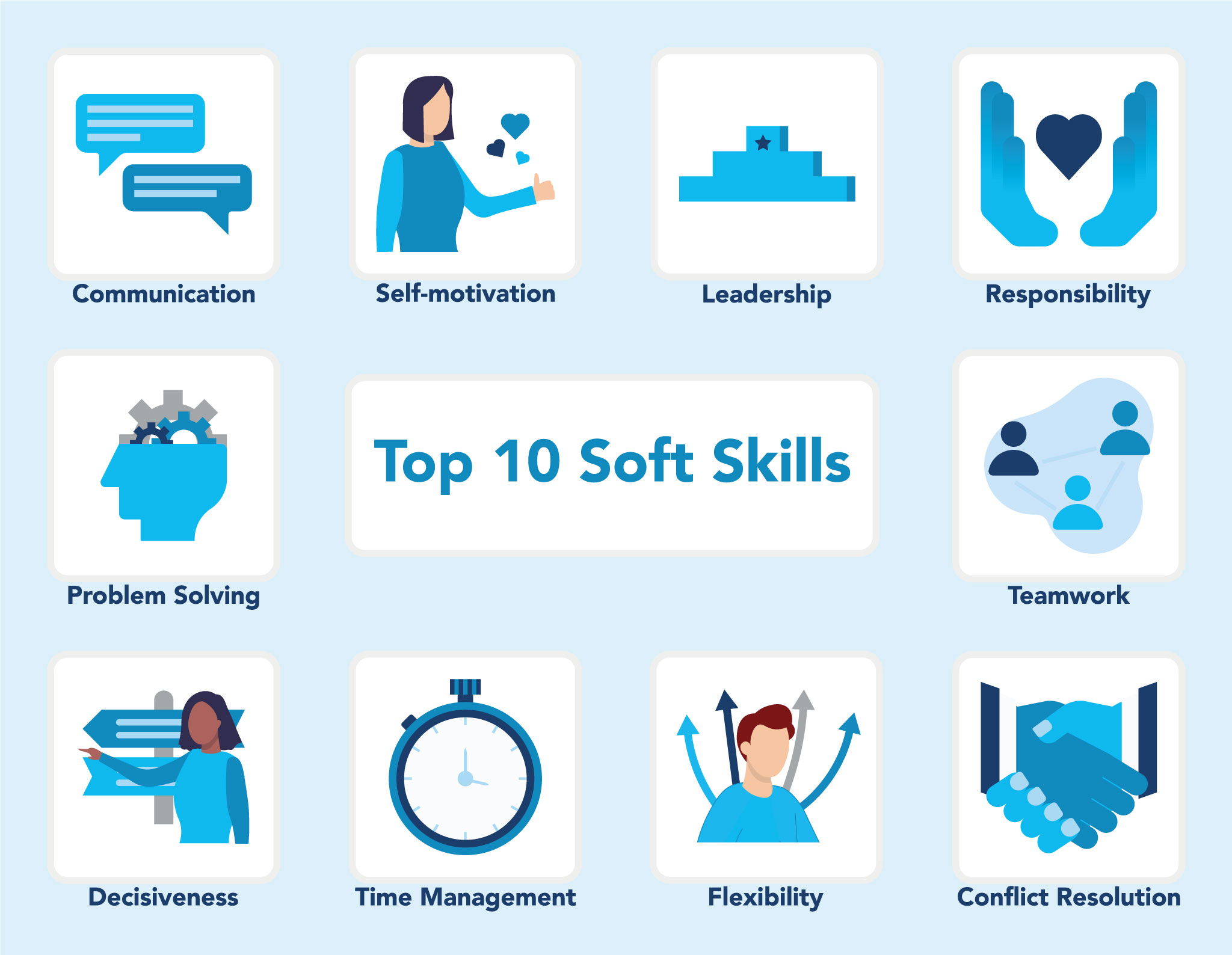
Moreover, skills like time management and organization are pivotal in task completion and work-life balance, with individuals using these skills finishing tasks on time 57% more often.
A positive attitude and resilience are essential for perseverance and recovery from setbacks, crucial in today's fast-paced and unpredictable work landscape. Remarkably, approximately 85% of job success is attributed to strong soft skills, with only 15% reliant on technical expertise.
Soft skills are indispensable for future success, urging companies to invest in training and development to equip employees to meet these challenges effectively.
Essential Soft Skills for Modern Professionals
Emotional Intelligence in the Workplace
Emotional Intelligence, or EQ, is a key skill that helps you handle the ups and downs of workplace emotions. It involves understanding, controlling, and expressing your emotions while also dealing with others with empathy and good judgment. This skill is crucial for motivating teams and resolving conflicts, which in turn builds strong relationships and a positive work environment. Interestingly, 71% of employers value emotional intelligence more than technical skills because it helps in building strong bonds and managing emotions at work.
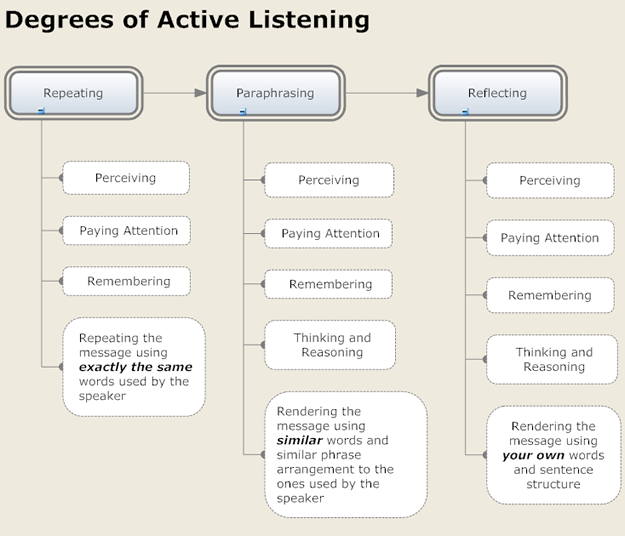
In roles where you deal with customers, EQ is a must for creating human-centered experiences. Companies that focus on empathy often see a revenue growth advantage of up to 85% over their competitors.
Building Self-awareness
Self-awareness is the bedrock of emotional intelligence. It means knowing your emotions, strengths, weaknesses, values, and what drives you. When you're self-aware, you can better manage your emotions, which leads to better decisions and communication. Tools like journaling, mindfulness meditation, and getting feedback from peers can boost self-awareness.
Cultivating Empathy
Empathy is about understanding and sharing others' feelings. It's a core part of EQ, helping you connect with colleagues on a deeper level, building trust and cooperation. Practicing active listening and seeing things from others' perspectives can grow your empathy, making you more responsive to your team's needs and concerns.
Adaptability and Flexibility in the Workplace
In today's fast-paced work environment, being adaptable and flexible is crucial. Adaptability means being open to change and adjusting smoothly, especially in workplaces where teams, technology, and markets are constantly evolving. When you pair resilience with adaptability, you can bounce back from setbacks and stay flexible. The World Economic Forum highlights this as a top skill for future success.

Companies value adaptability because it helps you handle disruptions like new technologies and market shifts, making it a key skill for thriving in 2025.
Embracing Openness to Change
Being open to change is a significant part of adaptability. If you're open to change, you're more likely to succeed in dynamic settings, learning and applying new processes or technologies quickly. Encouraging a growth mindset and keeping up with industry trends can help you stay open to change.
Building Resilience
Resilience is about bouncing back from setbacks and staying focused on your long-term goals. Resilient individuals face challenges with a positive outlook, using failures as opportunities to grow. Techniques like stress management, setting realistic goals, and getting support from mentors can build your resilience.
Developing Communication Skills
Effective communication is the backbone of successful work interactions. It covers verbal, written, presentation, feedback, and listening skills, allowing you to share ideas and information clearly. Strong communication skills are among the top soft skills employers seek across all jobs to ensure clarity, teamwork, and successful project outcomes. It's crucial for presenting findings and recommendations clearly to stakeholders, influencing decisions, and aligning teams.
Mastering Verbal and Non-verbal Communication
Both types of communication are key to conveying messages effectively. Verbal communication uses words, while non-verbal includes body language, facial expressions, and tone. You can improve these skills by practicing public speaking, engaging in listening exercises, and being aware of your body language.
Enhancing Digital Communication
In today's world, proficiency with digital communication tools is essential. Email, instant messaging, and video calls are common in workplaces now. Understanding these platforms and maintaining professionalism in digital chats can boost collaboration and efficiency.
Critical Thinking and Problem Solving Skills
These skills are crucial for analyzing situations, identifying problems, and finding solutions. Critical thinking involves analyzing data, spotting trends, and providing insights for informed decisions, vital for roles like data analysts. Problem-solving helps you tackle challenges and find solutions, a key skill needed in 2025 workplaces. These foundational skills help individuals and organizations adapt and innovate in changing environments.
Enhancing Analytical Thinking
Analytical thinking involves breaking down complex information into smaller, manageable parts to understand it better. Those who excel in this can spot patterns, assess risks, and make strategic plans. Techniques like data analysis, scenario planning, and SWOT analysis can enhance these skills.
Developing Creative Problem Solving
Creative problem solving means thinking outside the box to find new solutions. It requires an open mind and seeing challenges from different angles. Brainstorming, mind mapping, and lateral thinking exercises can boost your creative problem-solving skills.
Fostering Creativity and Innovation
Creativity and innovation are key for progress and staying competitive. Creativity involves thinking outside the box to come up with new ideas and solutions, crucial for standing out in competitive markets. Innovation applies creative ideas to develop new products or features that stand out. Creative thinking is a core skill for future workforces to drive growth and adaptability.
Encouraging Idea Generation
Idea generation is about creating new concepts or solutions, a vital part of creativity and innovation. You can improve this skill by brainstorming, exploring different perspectives, and encouraging a culture of experimentation.
Implementing Innovations
Successfully implementing innovations requires planning and execution. You need to turn creative ideas into practical solutions that add value. Developing project management skills, working with cross-functional teams, and seeking feedback can help you implement innovations.
Leadership and Teamwork Skills
Leadership and teamwork are intertwined and crucial for reaching organizational goals. Leadership involves guiding teams, making decisions, and influencing others to achieve goals, increasingly vital in modern workplaces. Teamwork and collaboration are essential for leveraging diverse strengths, solving problems together, and delivering quality outcomes, especially in remote or diverse teams. Leadership and social influence are top skills for future success, helping professionals drive initiatives forward effectively.
Inspiring Leadership Qualities
Inspiring leadership means guiding and motivating others toward a shared vision. Good leaders communicate clearly, show integrity, and empower their team. Leadership development programs, mentorship, and self-reflection can grow your leadership skills.
Promoting Collaborative Teamwork
Collaborative teamwork means working well with others to achieve common goals. It requires clear communication, mutual respect, and a willingness to compromise. Building trust, recognizing individual contributions, and fostering an inclusive environment can strengthen teamwork.
By developing these essential soft skills, you can boost your effectiveness, create a positive workplace, and drive organizational success.
Developing and Demonstrating Essential Soft Skills
Assessing Your Current Essential Soft Skills
To improve your soft skills, it's essential to first understand your current standing. Here are some key areas to consider:
-
Communication: This involves expressing yourself clearly and actively listening to others, which fosters trust and ensures everyone is aligned. Learn more from Achievers.
-
Teamwork: Collaboration is crucial, especially when working with diverse groups. It's about uniting under pressure and striving for common objectives. Discover more at Achievers.
-
Emotional Intelligence: This helps you respond thoughtfully and maintain a supportive environment, even in challenging situations. Explore further at Achievers.
-
Adaptability: This skill allows you to manage new roles and challenges with ease, enhancing your resilience. Read more from Sundance College.

-
Problem-solving: Paired with adaptability, this skill enables critical thinking and the development of creative solutions. Find out more at Sundance College.
-
Additional Skills: Don't overlook being detail-oriented, taking initiative, understanding diverse cultures, and being open to feedback. Gain insights from Growth Engineering, and Indeed.
Roadmap for Developing Essential Soft Skills
Once you have identified your strengths and weaknesses, it's time to create a roadmap for improvement:
-
Enhance Communication: Practice clear speaking and active listening. Learn how at Achievers.
-
Strengthen Teamwork: Engage in projects where collaboration towards a shared goal is key. Explore more with Achievers.
-
Boost Emotional Intelligence: Pause before reacting and manage your emotions effectively. Read more at Achievers.
-
Increase Adaptability: Embrace change and view challenges as learning opportunities. Discover strategies at Sundance College.
-
Improve Problem-solving: Break down issues and brainstorm innovative solutions. Learn techniques from Sundance College.
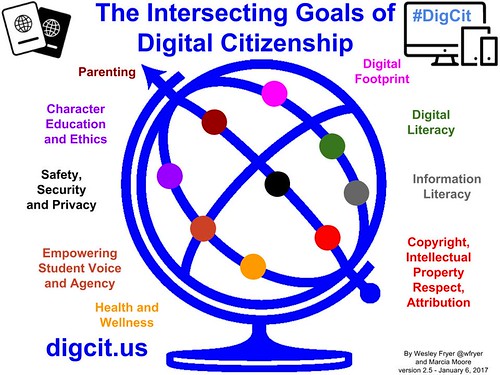
- Seek Feedback Regularly: This helps refine your skills and build strong workplace relationships through sincere interactions. Find guidance at Indeed.
Continuously monitor your progress and adjust your focus to align with your career aspirations.
The Role of Essential Soft Skills in Hybrid and Remote Work Environments
Effective Communication in Virtual Settings
Getting communication right in hybrid and remote work is key. It's not just about using tools like Slack, Microsoft Teams, or Zoom. It's about ensuring your ideas come across clearly without the benefit of face-to-face interaction.
- Active Listening: Vital for keeping the team together and ensuring everyone feels heard.
- Assertiveness: Helps in expressing ideas clearly and effectively.
- Written Communication: Takes on greater importance, as remote work demands clear exchanges that leave a digital trail.
Emotional Intelligence—such as empathy and appreciation—plays a significant role in maintaining positive relationships and a united team, even when you're miles apart. Consider a project manager leading a global team: they utilize video calls to lay out project goals, listen to team concerns, and resolve conflicts by respecting cultural differences.
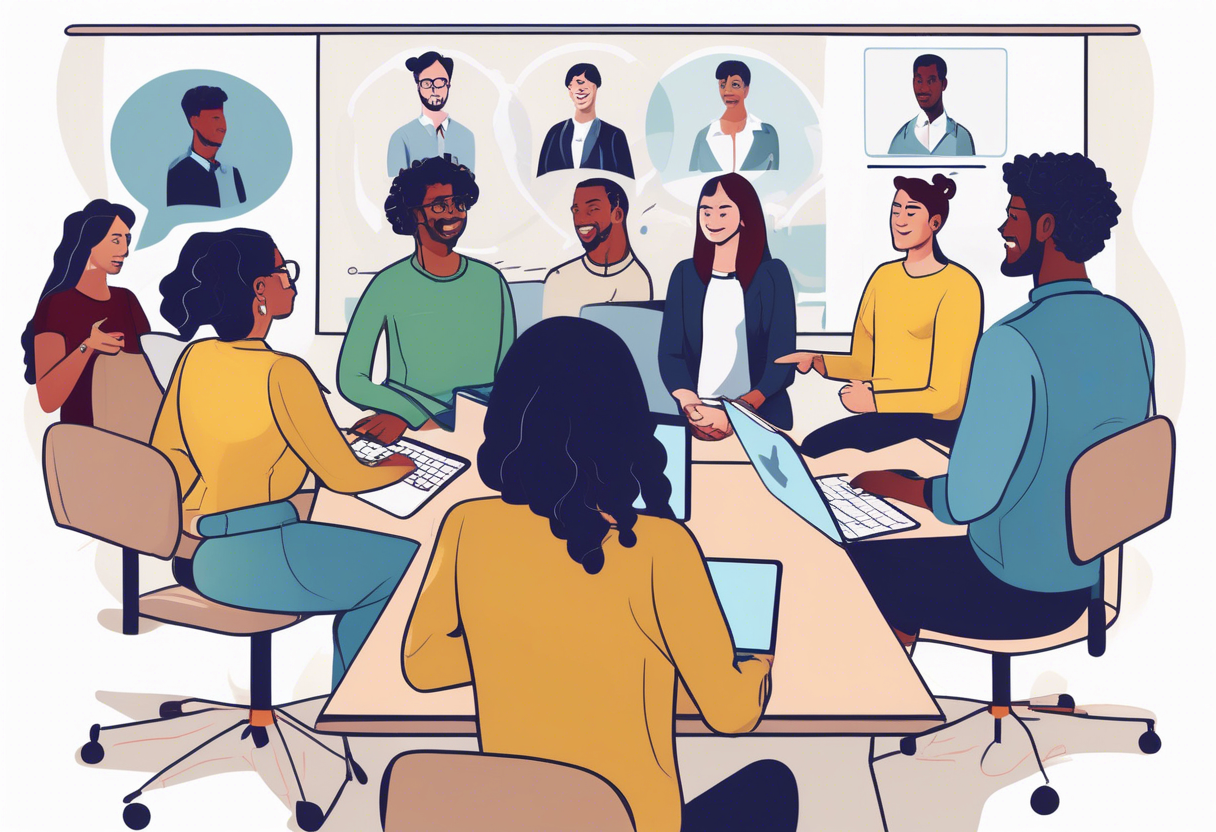
Self-Motivation and Time Management Skills
In remote work, staying disciplined and motivated is crucial. Without a boss looking over your shoulder, you must manage distractions and meet deadlines independently.
- Time Management: Prioritizing tasks, setting routines, and using calendars or task tools are essential to staying on track amidst home distractions.
- Adaptability and Flexibility: Necessary for dealing with new technology, changing schedules, and maintaining high work quality.
Imagine a remote worker who sets a daily schedule, uses project management software to track tasks, adapts to new communication tools, and keeps motivation high by checking progress and adjusting priorities. These skills help remote workers remain productive and organized, even when the structure isn't there.
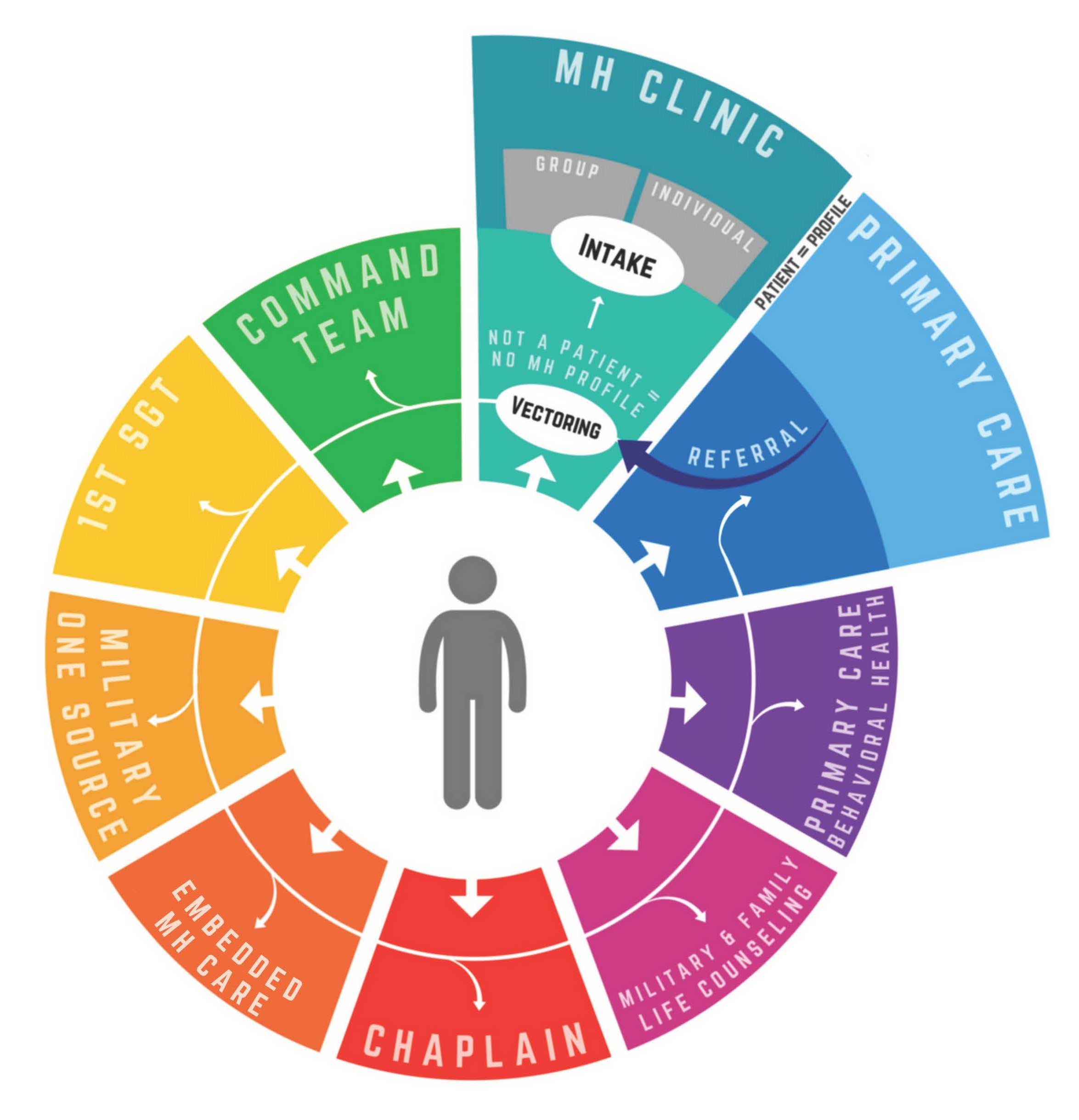
Essential Soft Skills: FAQ Section
How to Improve Emotional Intelligence for Workplace Success?
Boosting your emotional intelligence (EQ) at work is key. It involves understanding and managing your emotions as well as those of others, which helps in building stronger relationships and resolving conflicts more effectively. In fact, 71% of employers value emotional intelligence more than technical skills.
- Know your strengths and areas for improvement. Reflect on feedback and seek input from trusted colleagues or mentors regarding your emotions and actions.
- Practice active listening and show empathy. Consider your responses during workplace interactions.
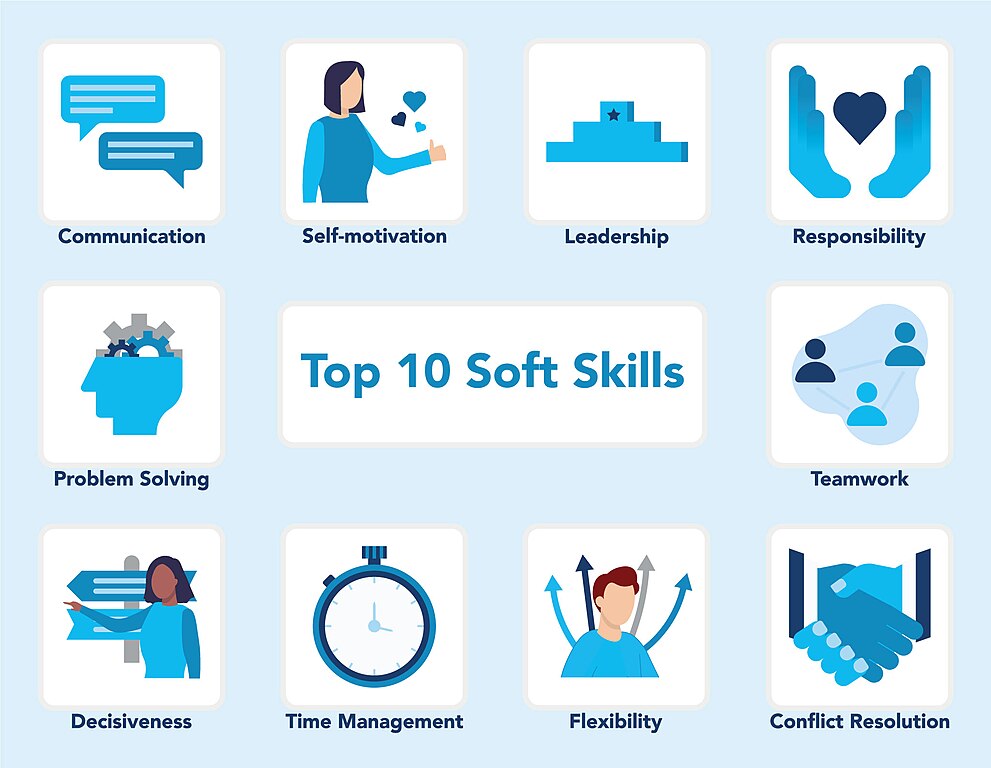
These skills create a safe environment and maintain team stability, especially during tense or emotional situations.
Practical Strategies to Enhance Workplace Creativity
Creativity at work involves generating unique ideas that make products, services, or campaigns stand out. Here are some strategies to enhance creative thinking:
- Encourage open brainstorming and team collaboration. This fosters an environment where creative ideas can flourish.
- Provide time and space for experimentation. Allow team members to explore new problem-solving methods.
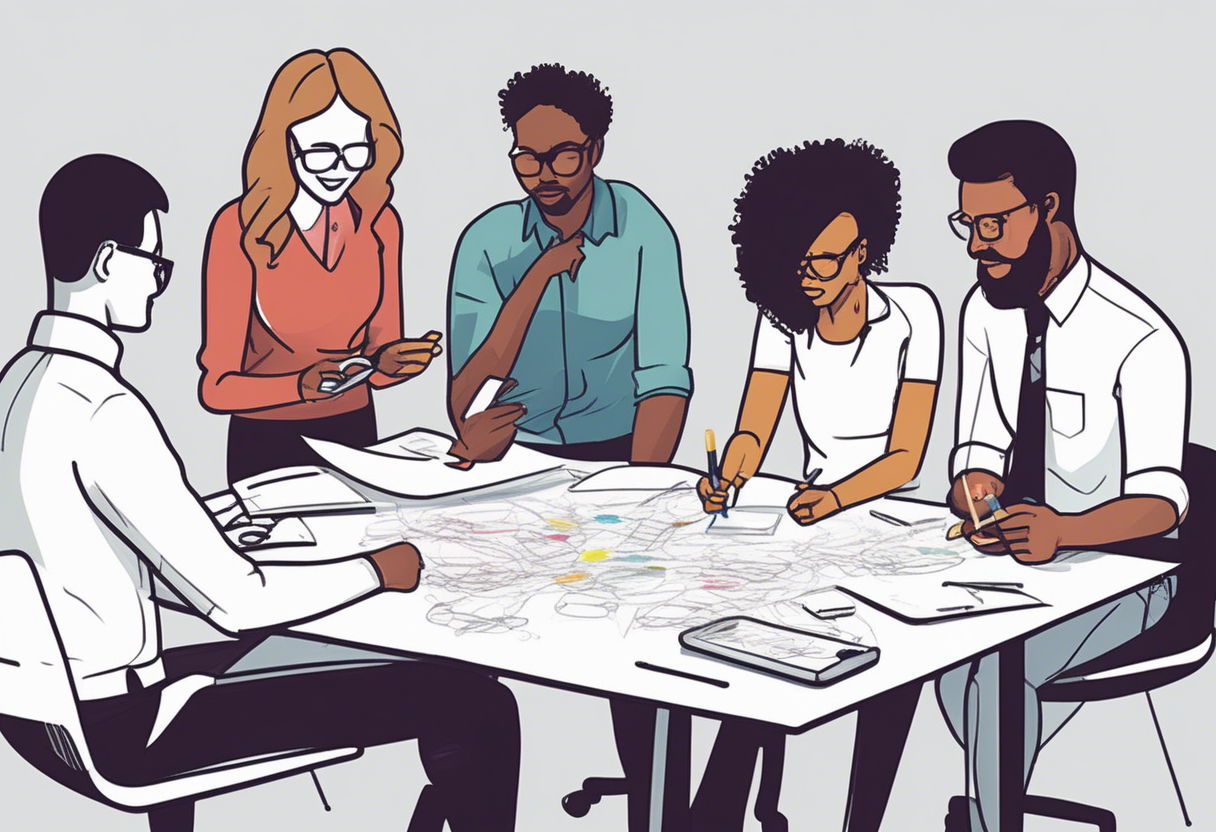
Creativity, along with critical thinking and problem-solving, is a top skill for workplace success. Consider offering training and workshops on creative thinking techniques. For example, an advertising professional might develop an eye-catching campaign through creative brainstorming and design processes.
Why Adaptability is Vital in a Fast-Paced Work Environment
Adaptability is crucial in our ever-changing work world. It enables you to manage change and uncertainty effectively, making it one of the top skills for high performers and essential for career success.
- Adaptability allows for learning new skills and adjusting to new technologies. It helps maintain productivity even during disruptions.
- It fosters innovation and problem-solving. By allowing creative responses to unexpected challenges, adaptability keeps you versatile and ready for future challenges.
To develop adaptability, embrace learning, seek feedback, and remain open to new ideas. For instance, a digital marketer might stay updated with new trends and platforms to better reach audiences.
In summary, soft skills like emotional intelligence, creativity, and adaptability are crucial. They are essential for navigating the complexities of modern workplaces and are highly valued by employers. By focusing on these skills, both individuals and organizations can achieve greater success and innovation.